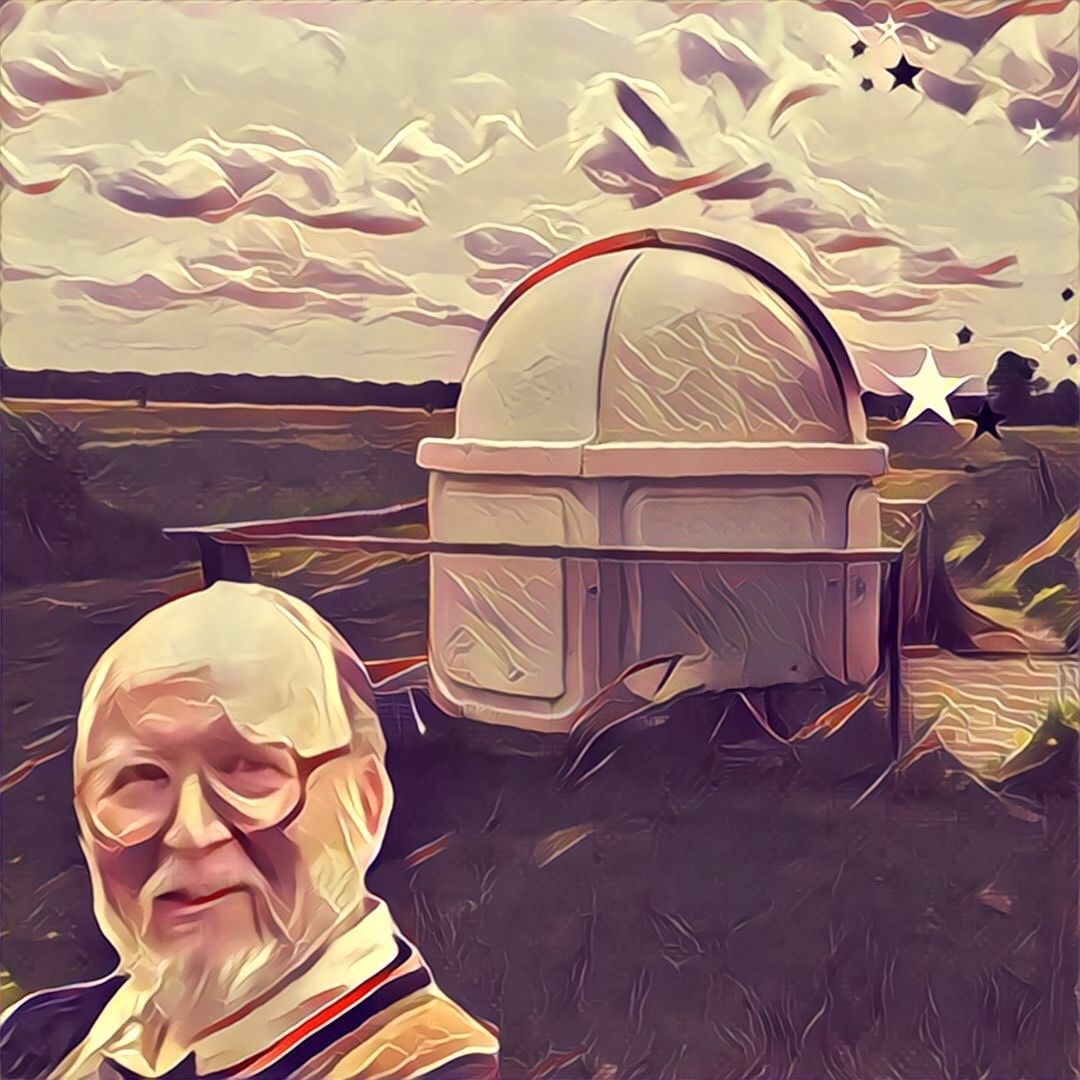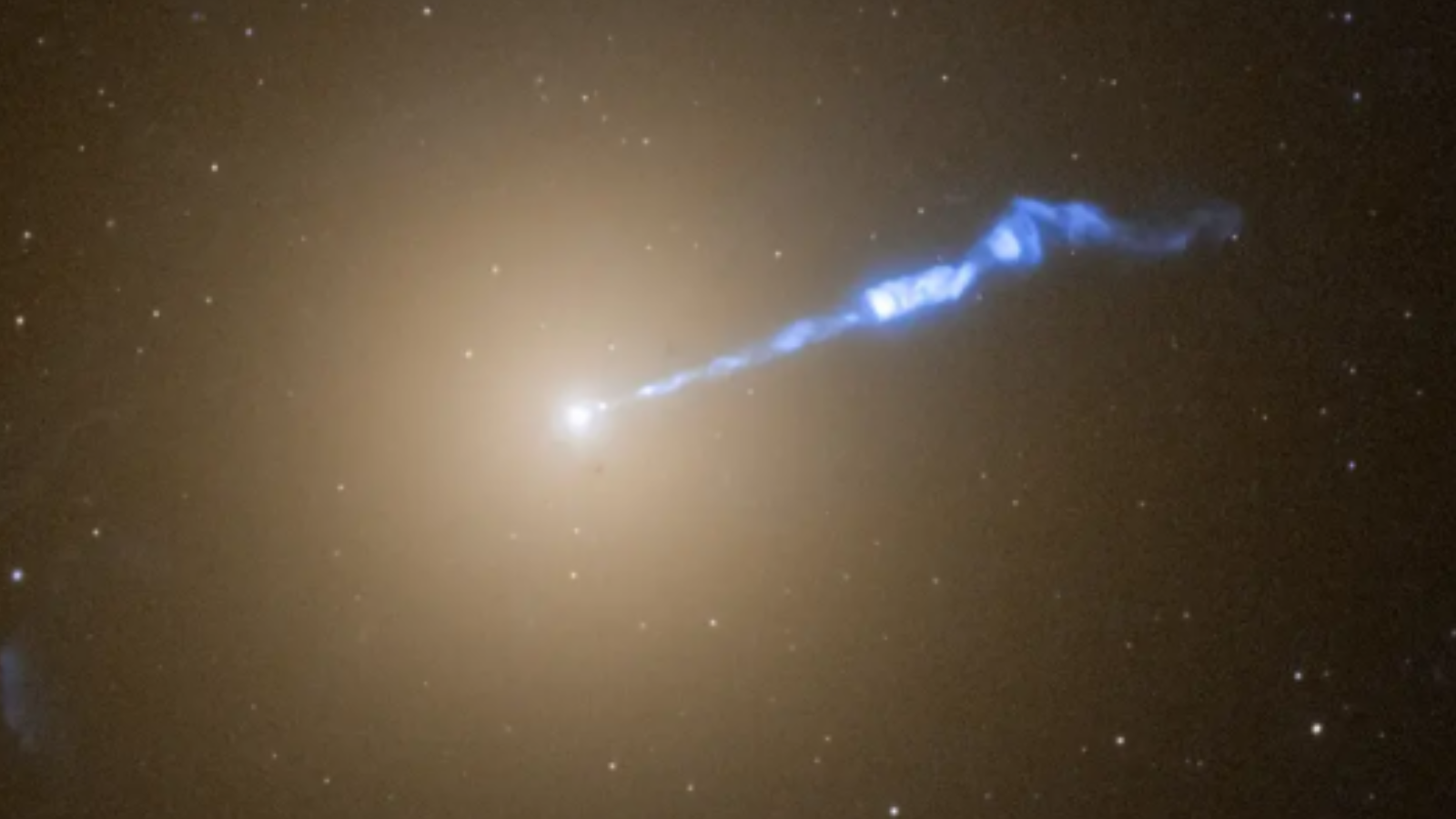Tonight's Full Moon Won't Really Be Full
This story was updated at 5:08 p.m. ET.
This month?s full moon occurs Tuesday. Sort of. Despite what you might think, it isn't really full.
The moon appears full simultaneously for everyone on Earth who can see it. For example, it is full at 1:05 p.m. in eastern North America, which corresponds to 10:05 a.m. on the West Coast, 3:05 p.m. in the United Kingdom, and 3:05 a.m. on Aug. 25 in eastern Australia (because of the international date line).
A full moon is visible from only half of Earth ? the half that is turned toward the moon at the exact time when the sun, Earth, and moon line up. Of the places mentioned above, only Australia will technically see the full moon. For the other locations, the moon will be below the horizon, on the far side of the Earth, at the exact moment of full moon.
This sky map shows where to look to see the August full moon, which is also the farthest and smallest full moon of 2010.
Hint of the terminator
However, even people in Australia won?t see the disk of the moon fully lit. Here?s why:
Breaking space news, the latest updates on rocket launches, skywatching events and more!
The moon?s plane of orbit around Earth is different from Earth?s orbital plane around the sun. So at full moon, the line between the three is rarely perfectly straight, and when it is, the result is a total eclipse of the moon. That means at a true full moon, the moon is in Earth?s shadow. When that happens, there's a lunar eclipse. [Top 10 Amazing Moon Facts]
Despite this, everyone on Earth, weather permitting, can see what appears to the naked eye to be a full moon, and it looks that way for a day or two on either side of that exact instant.
If you look at the moon with a small telescope, however, you will see that it isn?t really completely full. There will be a terminator visible somewhere around the moon?s edge or limb.
The terminator is the dividing line between sunlight and night on the moon. Because the moon lacks an atmosphere, it has no twilight, and the shift from day to night is stark and sharp. The sun is rising or setting along this terminator, so the smallest features of the terrain cast huge shadows. That?s why the terminator is always the most interesting part of the moon to observe with telescope or binoculars.
One other interesting fact: This will be the smallest full moon of 2010, because it occurs when the moon, on its not-so-circular orbit, is at its farthest point from Earth.
Lunar lore
Different peoples around the world mark the passage of the year by giving distinctive names to the succession of full moons, which occur once every 29.5 days. Many of these names are very ancient, and refer to the growing year of early agriculture, or even earlier to our hunting and gathering ancestors.
The traditional English name for the August full moon is ?grain moon.? This is the time when the grain is growing fastest, ready to be harvested next month at ?harvest moon.? The Algonquian peoples knew this as ?sturgeon moon? ? this marked the month when the sturgeon was most easily caught in the Great Lakes. Some other names for this moon were red moon, green corn moon, lightning moon, and dog moon.
In Hindu this is known as "narali poornima" and "raksha bandhan," a festival celebrating brothers and sisters. Its Sinhala (Buddhist) name is "nikini poya."
Archeologists believe Stonehenge, in England, was an ancient astronomical observatory, with its stones precisely located to measure events like the rising of the full moon, as shown in this graphical image of Stonehenge and the moon.
Full moon falls on the only night in the lunar month when the moon is visible in the sky all night long and only then. Every other night, it also spends at least some time in the daylight sky. At full moon, the moon is directly opposite the sun in the sky. As the sun sets in the west, the full moon rises in the east. At the end of the full moon night, the moon sets in the west as the sun rises in the east.
The full moon on the horizon often appears large and brightly colored. The large size is an illusion, caused perhaps by our comparison of the moon?s size with objects near the horizon. Precise measurements show that the moon is exactly the same size no matter where it is located in the sky.
The color change is caused by the large volume of air through which a rising or setting moon is viewed. It is particularly striking at this time of year when forest fires and volcanoes have put large quantities of smoke and ash into the air.
- Top 10 Amazing Moon Facts
- The Disappearing Moon: Why and Where it Hides
- More Night Sky Features from Starry Night Education
This article was provided to SPACE.com by Starry Night Education, the leader in space science curriculum solutions.

Geoff Gaherty was Space.com's Night Sky columnist and in partnership with Starry Night software and a dedicated amateur astronomer who sought to share the wonders of the night sky with the world. Based in Canada, Geoff studied mathematics and physics at McGill University and earned a Ph.D. in anthropology from the University of Toronto, all while pursuing a passion for the night sky and serving as an astronomy communicator. He credited a partial solar eclipse observed in 1946 (at age 5) and his 1957 sighting of the Comet Arend-Roland as a teenager for sparking his interest in amateur astronomy. In 2008, Geoff won the Chant Medal from the Royal Astronomical Society of Canada, an award given to a Canadian amateur astronomer in recognition of their lifetime achievements. Sadly, Geoff passed away July 7, 2016 due to complications from a kidney transplant, but his legacy continues at Starry Night.
